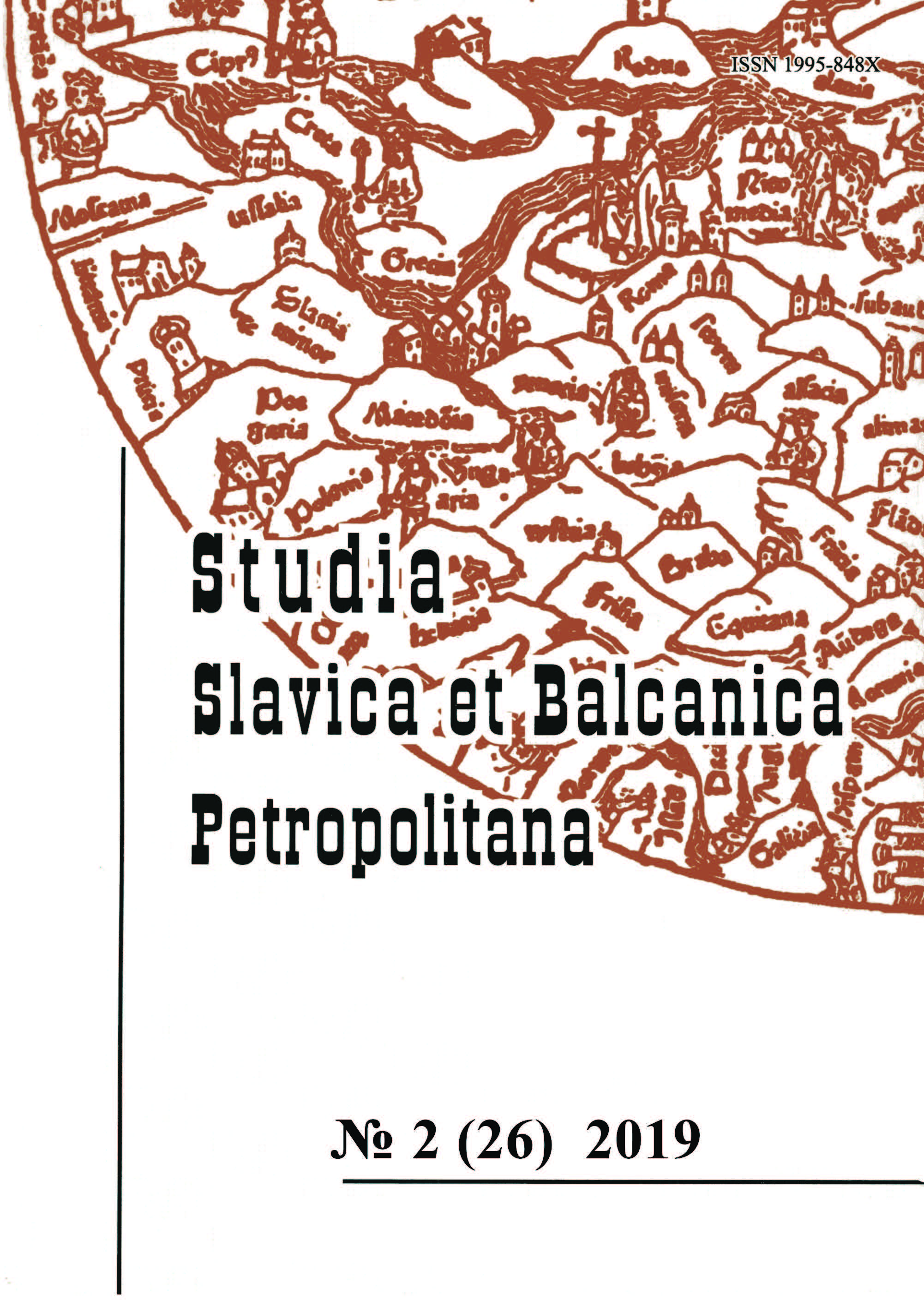Новгородская контора Ганзы в контексте торговой стратегии Ревеля первой трети XVI в.
The Novgorod Kontor of Hanse in the context of the Revel’s trading strategy of the first third of the 16th century
Author(s): M. B. Bessudnova, Marina Borisovna BessudnovaSubject(s): History, Economic history, 16th Century, Geopolitics
Published by: Издательство Исторического факультета СПбГУ
Keywords: Hanse; Novgorod Hanseatic Kontor; German Yard; Russo-Hanseatic relations; Reval; Lübeck; Novgorod
Summary/Abstract: The historiographic image of Novgorod Hanseatic Kontor (German Yard) after its restoration in 1514 with descriptions of his decline was reconstructed mainly according to the testimony of the citizens of Revel aimed at preserving it. On the one hand, his skillfully designed Revel’s discourse is objective because it reflects some crisis moments caused by the complication of Novgorod-Hanseatic business relations as a result of, firstly, the decline in discipline of the inhabitants of the German Yard, among which young people began to prevail, and, secondly, of differences in understanding of legal foundations of the Russo-Hanseatic trade, «antiquity» («starina») by the Russian and Hanseatic sides in conditions of politicization of international trade in Russia. On the other hand, many historical realities in the framework of the revelation perception are distorted in favor of Revel’s trading strategy. These are the themes of the poverty of the Yard, the possibility of its transition to «alien nations» and the escalation of Russian trade expansion in Western Europe. Its were used by the Revalers to provide assistance to Lübeck and to other Vendish towns in restoring and maintaining the German Yard. Of particular importance was financial support in the form of deductions from the «pound duty», puntzoll. The revelation descriptions of the riots on the German Yard were to create an idea among the Vendish towns of the insolvency of his administration, appointed by Dorpat, and help Revel take control of the compound in his hands. Revel also tried to prevent Danzig and other towns of Royal Prussia from accessing the German Yard. As a result of his policy, slipway trade in Novgorod gradually closed on Reval with the participation of Lübeck, who invariably supported the idea of preserving the Novgorod Hanseatic Kontor on the Hansetagen. Revel’s desire to strengthen its position in Novgorod, presumably, was associated with the spread of credit operations in the Novgorod-Hanseatic trade, its kind of «monetization» associated with using of silver as a means of payment, and the transformation of Novgorod into a silver concentration center (Geldstelle).
Journal: Петербургские славянские и балканские исследования
- Issue Year: 2019
- Issue No: 2 (26)
- Page Range: 167-180
- Page Count: 14
- Language: Russian

